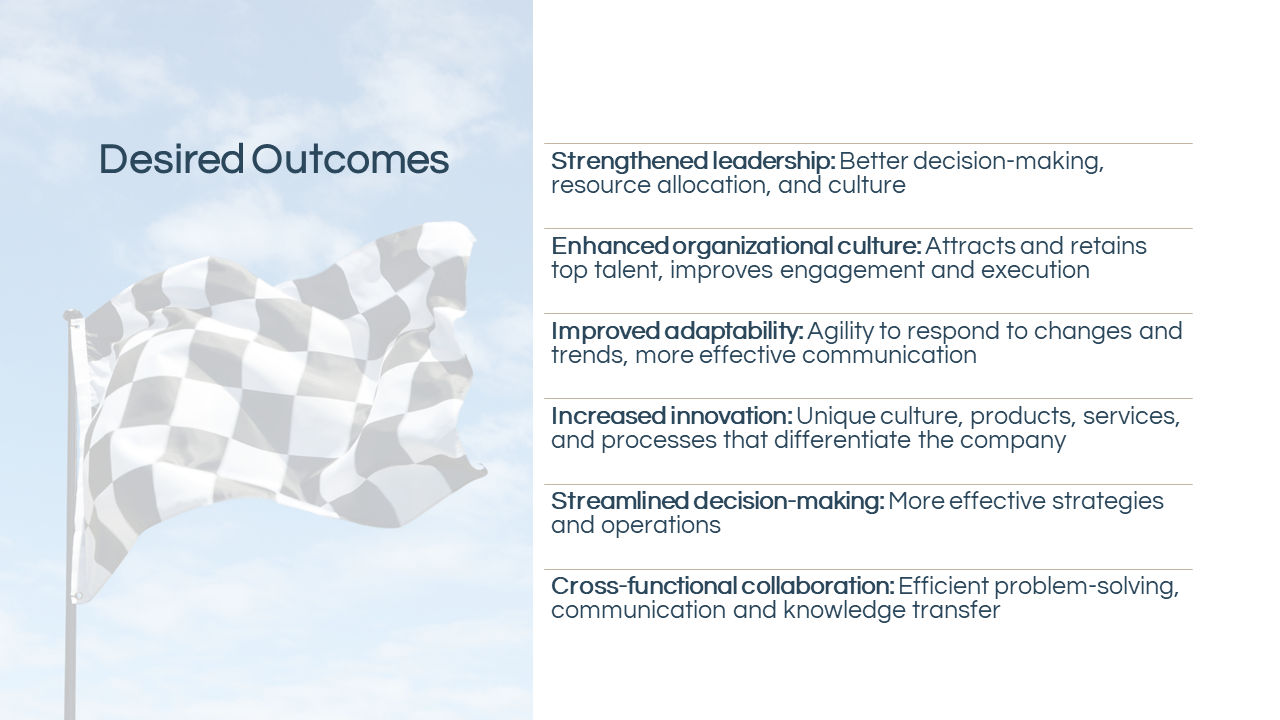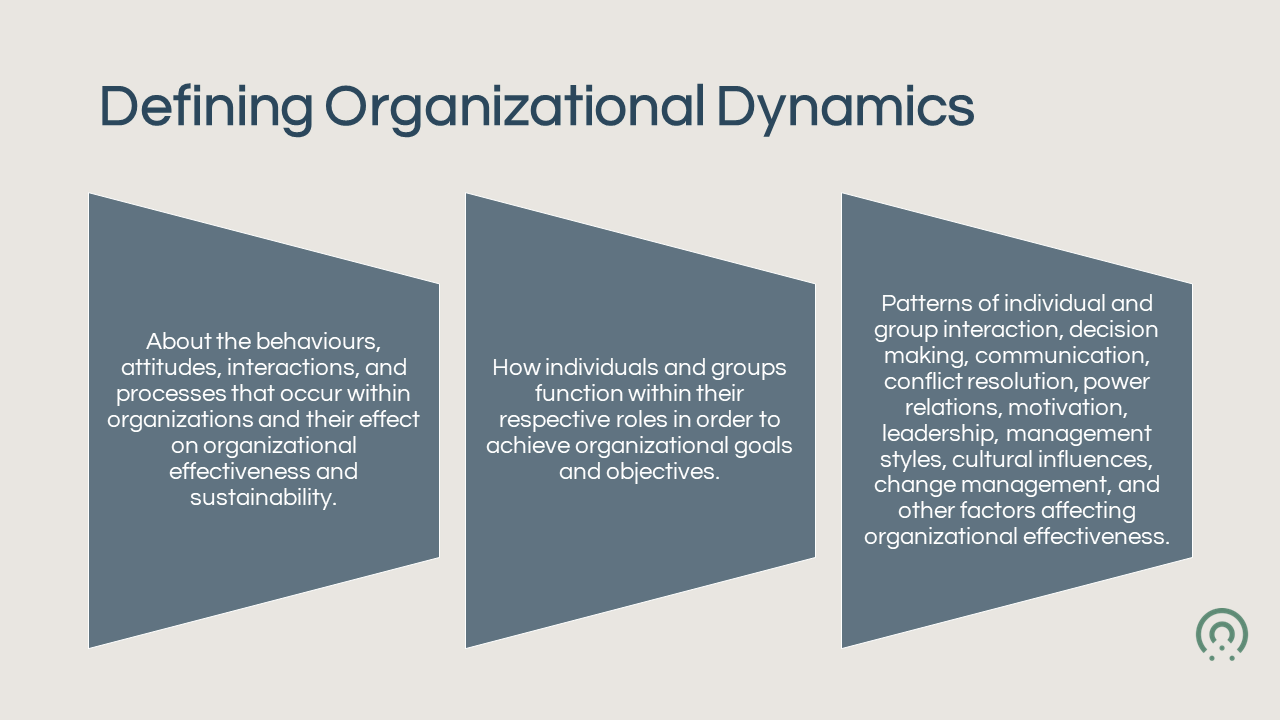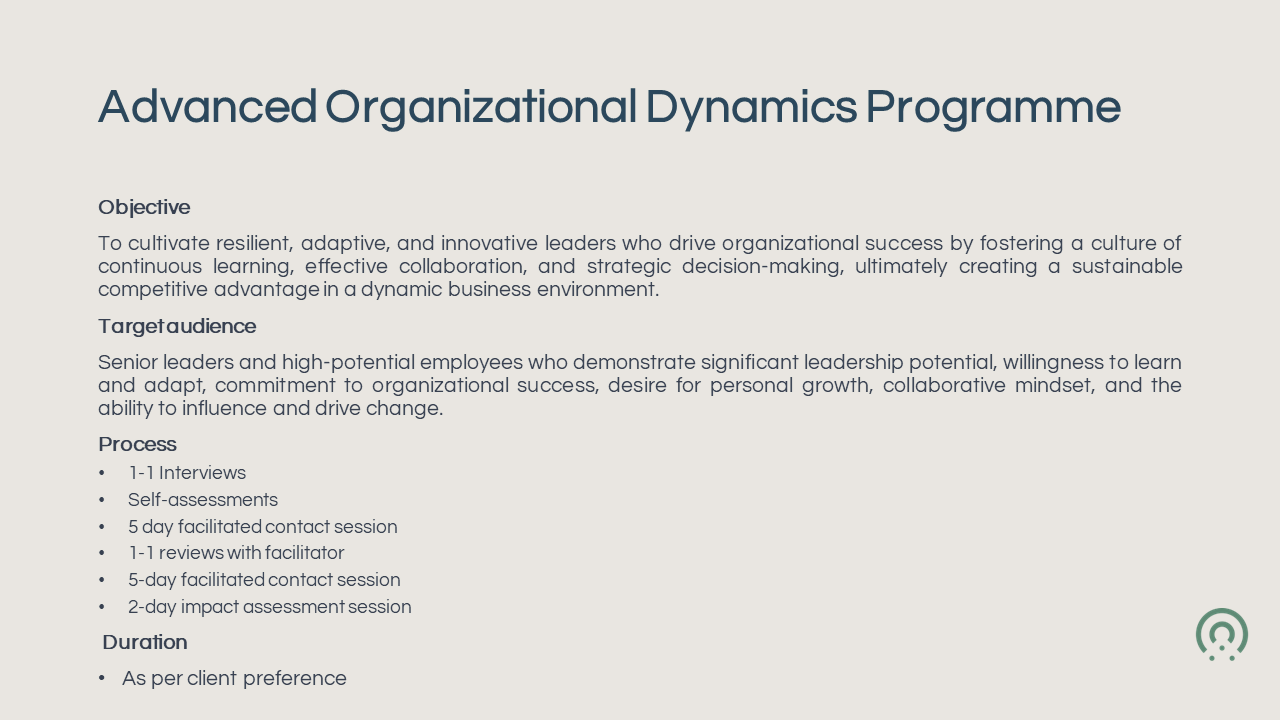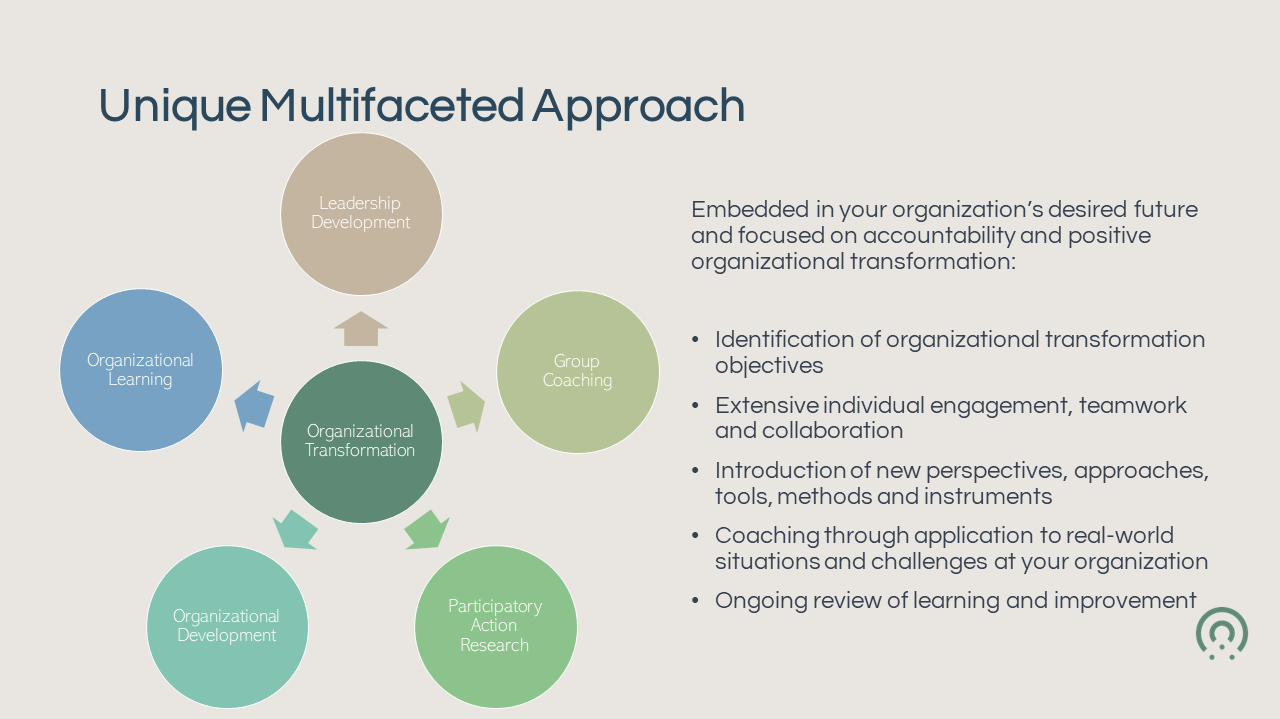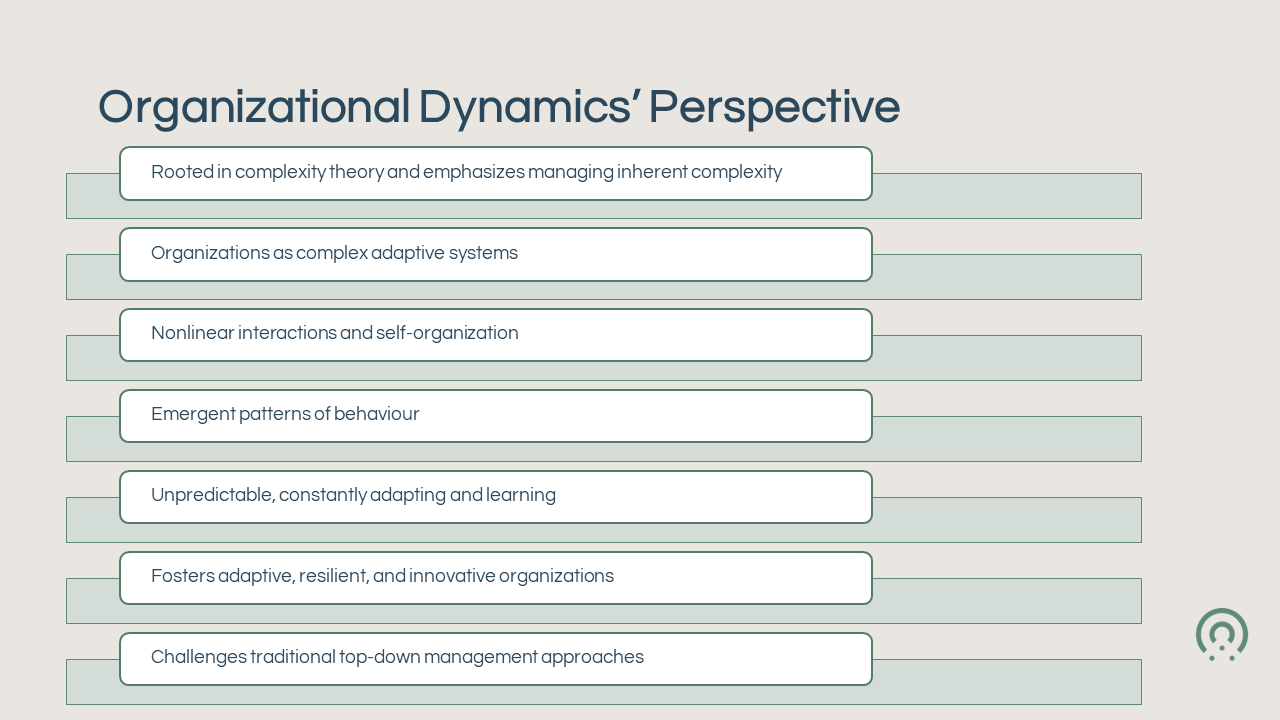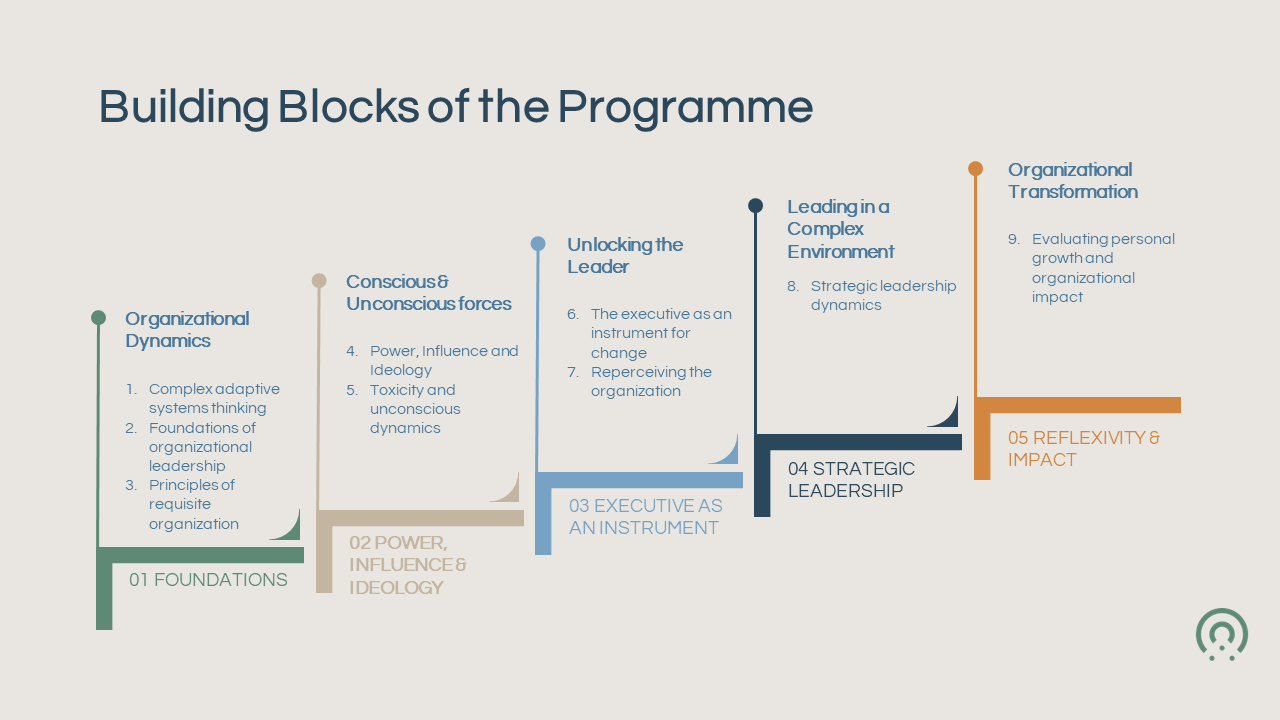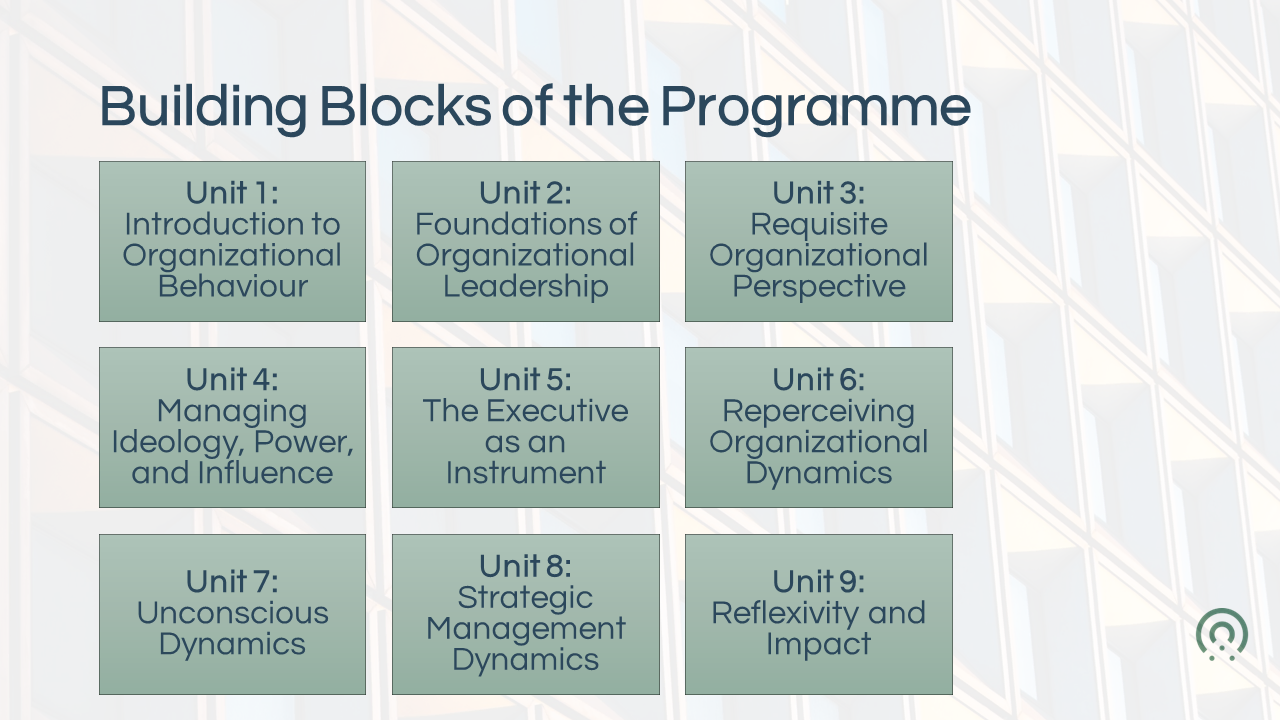Advanced Programme in
Organizational Dynamics
Unlock Your Organization's Potential with the
Advanced Programme in Organizational Dynamics.
Overview of Units of Work
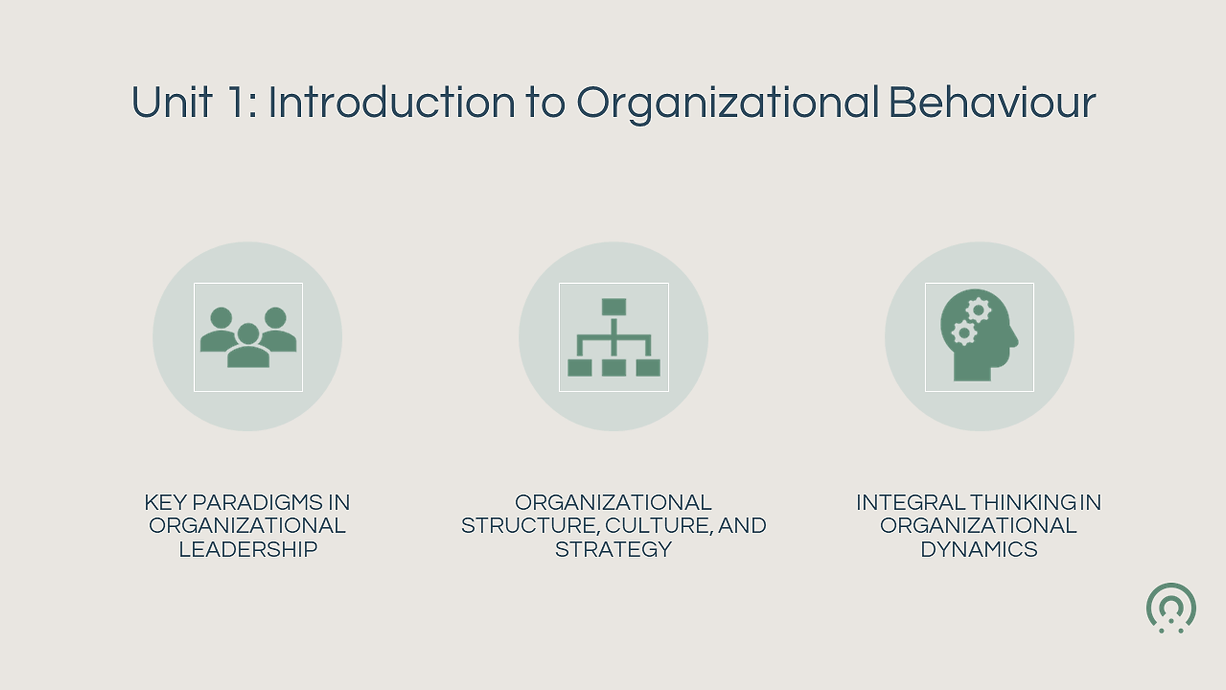
This unit introduces leaders to the fundamental concepts of organizational behaviour by discussing their roles in post-modern institutions of learning, examining the various aspects of organizational structure, culture, and strategy, and exploring integral thinking in organizational dynamics. Key paradigms in organizational leadership and behaviour will also be discussed to provide a strong foundation for the course. Throughout the programme, relevant case studies and examples will be scrutinised, but the real focus will be on grappling with and finding solutions to vexing issues in the delegates’ working environment.
This unit delves into the interdisciplinary foundations of leadership dynamics, covering biological, psychological, socio-technical, and complex adaptive systems perspectives. This provides a comprehensive understanding of the factors that influence organizational behaviour and equips senior leaders with the knowledge to navigate various organizational challenges. Nothing is included without a specific reason and the approaches, methods, tools, and techniques to be utilized are carefully selected for applicability and power.
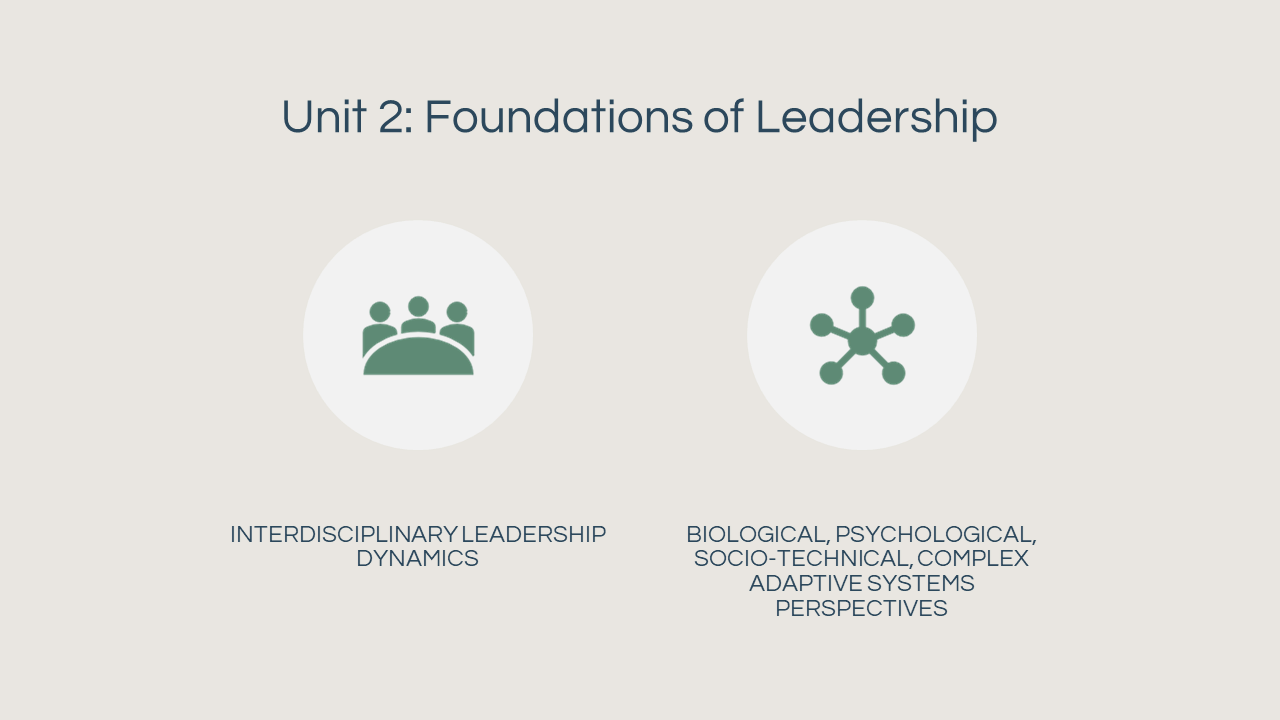
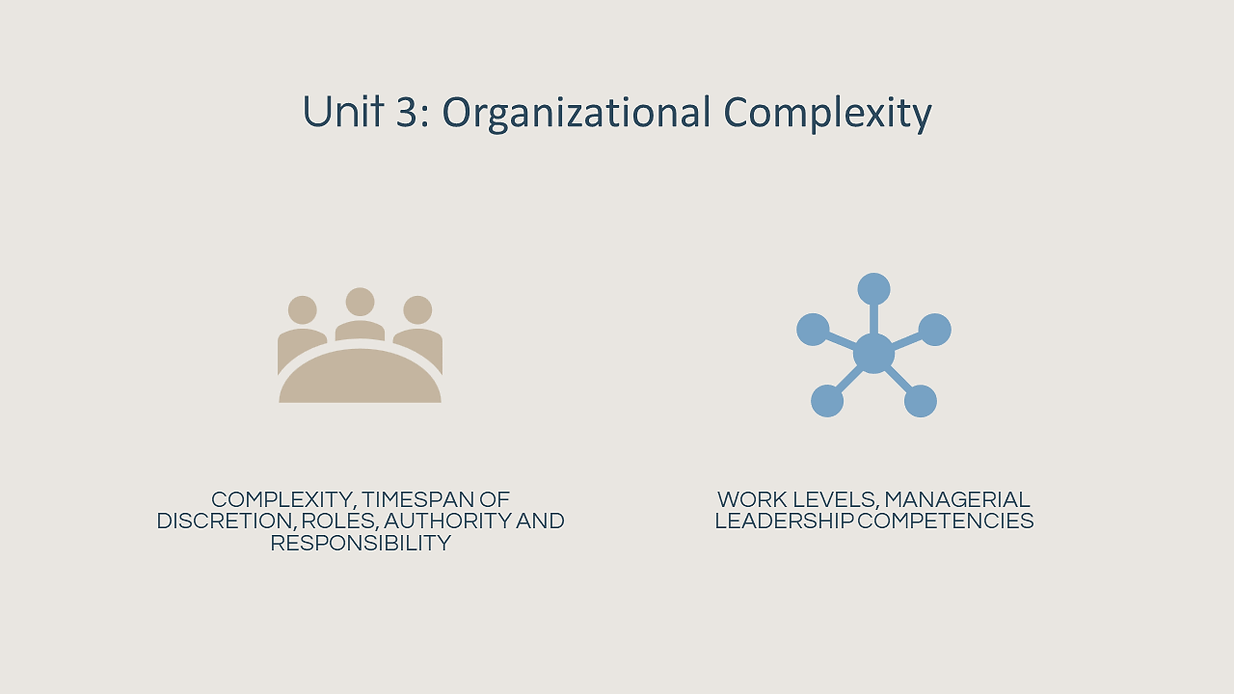
Focusing on organizational complexity, this unit explores the concepts of task complexity, timespan of discretion, roles, decision-making authority, work levels, leadership, and managerial competencies. It also deals with requisite organizational design, enabling delegates to create effective and efficient organizational / institutional structures and living systems that take full account of the impact that decisions relating to these aspects have on the organization and its people. Delegates develop an appreciation for the dynamic and constantly changing interrelationships amongst these variables due to shifts in the business and operating environments and evolving employee skillsets, motivations, and behaviours.
This unit examines the dynamics of communication and decision-making within organizations, the role of nonverbal communication, and the impact of organizational culture, ideologies, and power relations on organizational dynamics. Ideological stances, comprising diverse sets of beliefs and values shape employees perspectives and behaviours and plays a great role in decision-making and team dynamics.
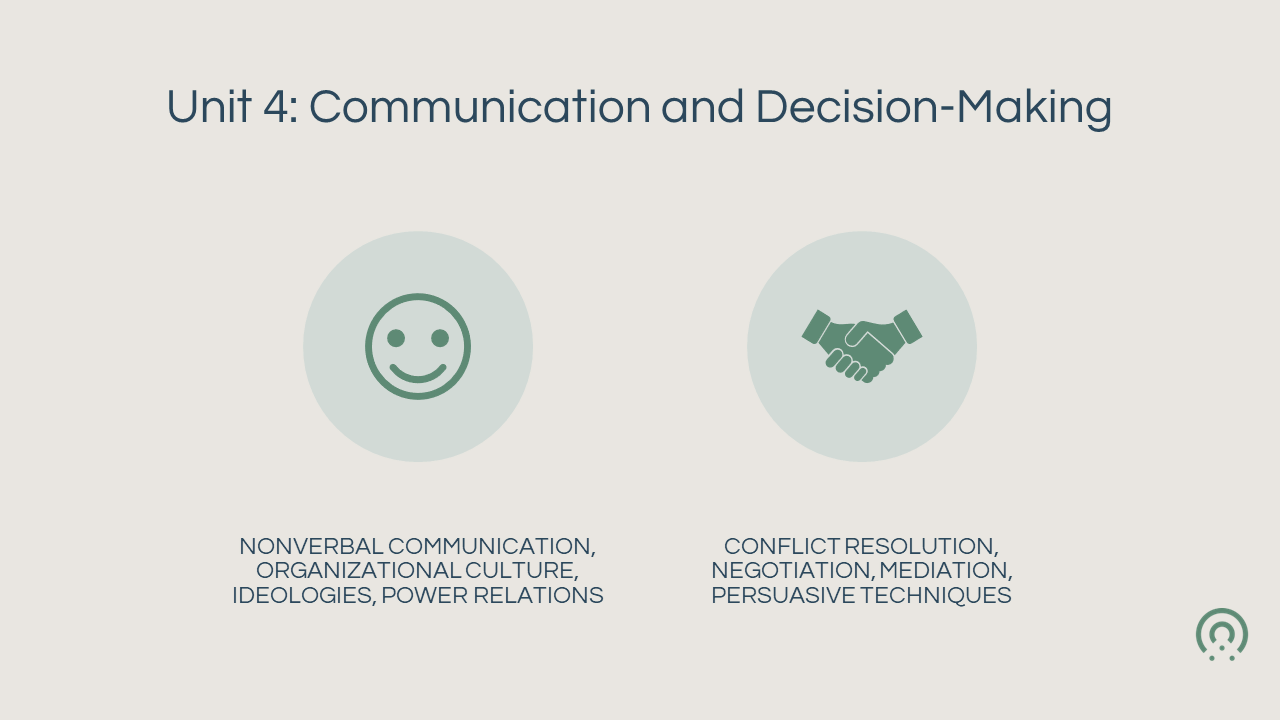
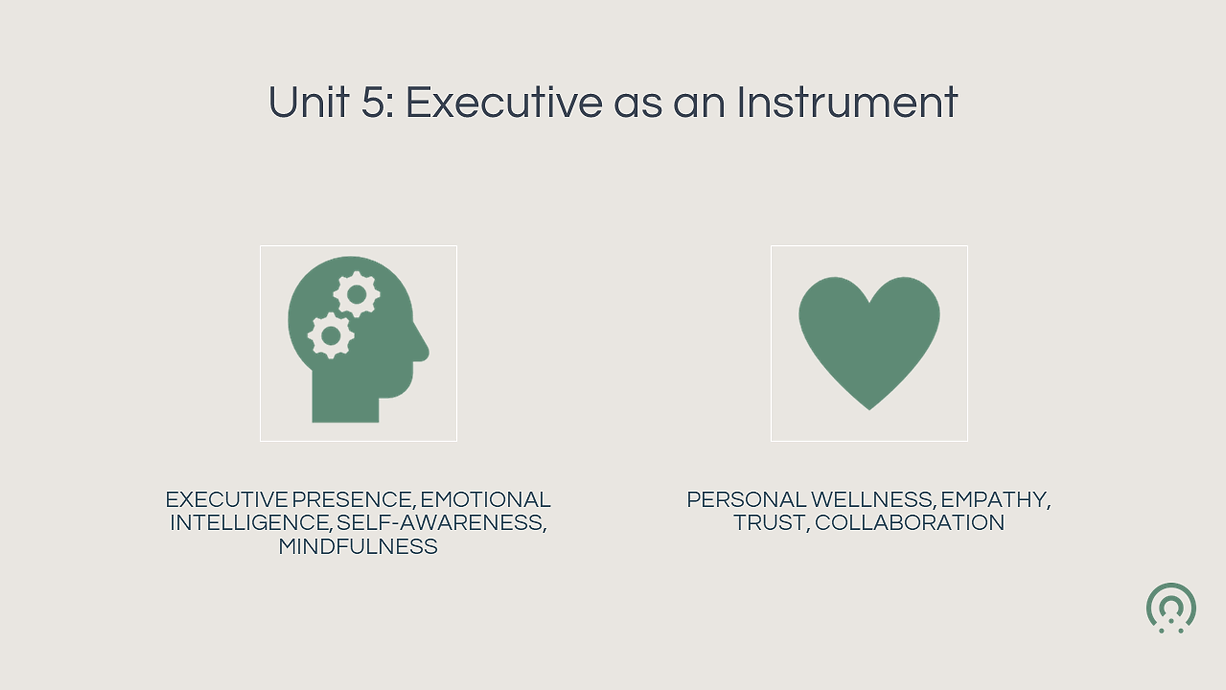
Senior leaders will learn how to use themselves as instruments for change and growth, fostering empathy, trust, and collaboration within their organizations. Through the strains and stresses of senior leadership roles, individuals are reminded of the importance of prioritizing their own wellness amidst the myriad of duties and obligations that they face. By cultivating emotional intelligence and maintaining a healthy work-life balance, leaders can enhance their capacity for empathy, effective decision-making, and resilience. Ultimately, attending to personal wellness not only benefits the individual leader but also contributes to the overall health and success of the organization.
This unit introduces Gestalt principles and creative problem-solving techniques such as analogy and metaphor, which can be applied to better understand and address organizational challenges. Senior leaders are encouraged to reperceive organizational dynamics and find creative, generative solutions for step changes in performance by emphasizing the interconnectedness of elements within the organization, to be present and aware of their thoughts, feelings, and actions, concentrating on addressing current issues and challenges, rather than dwelling on past failures or future uncertainties, identifying and addressing unresolved conflicts or issues within the organization that may be hindering progress or stifling creativity.
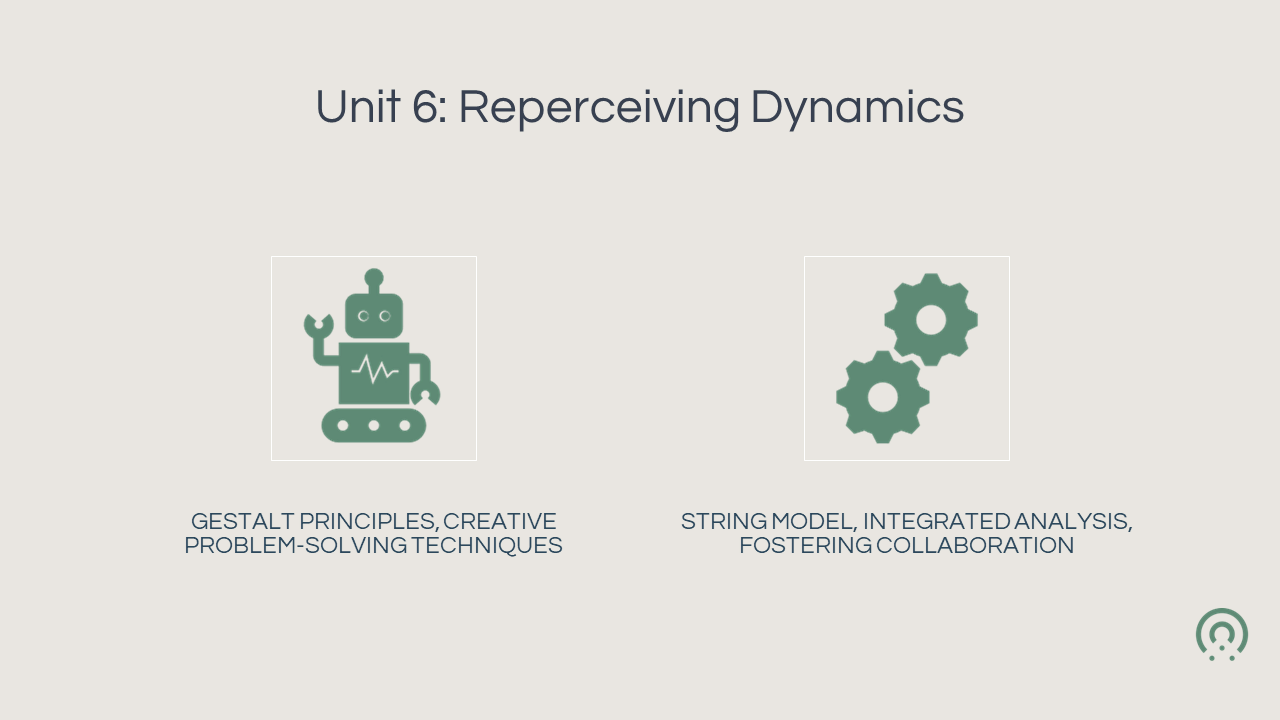
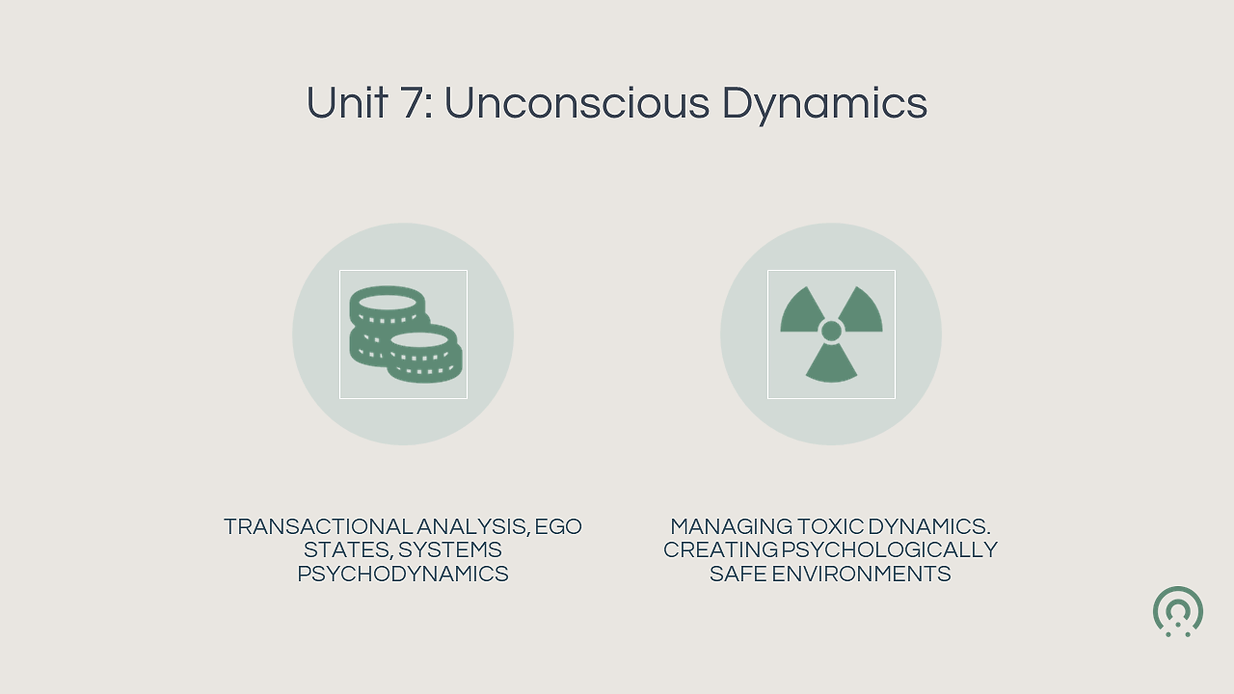
Exploring the role of unconscious processes in organizations, this unit covers transactional analysis, ego states, and systems psychodynamics. Delegates will learn how to identify and manage toxic dynamics and organizational dysfunction to create healthier and more effective work environments. By developing an understanding of the underlying forces and processes that shape organizational behaviour, the delegates will become more adept at recognizing the subtle, often hidden influences that affect decision-making, communication, and group dynamics. This programme provides leaders with tools and techniques necessary to create a more open, inclusive, and psychologically safe environment, enabling them to better navigate complex interpersonal and organizational challenges.
This unit emphasizes talent management, integrative strategic planning, leading change processes, organizational alignment, and ethical leadership. The module will cover the essential components of strategic management systems and processes, and delegates work on key aspects of driving the success of this, where jointly and severally, they do their own work but in the full knowledge and realisation of the impact of the work the other delegates are doing on their work, and vice versa.
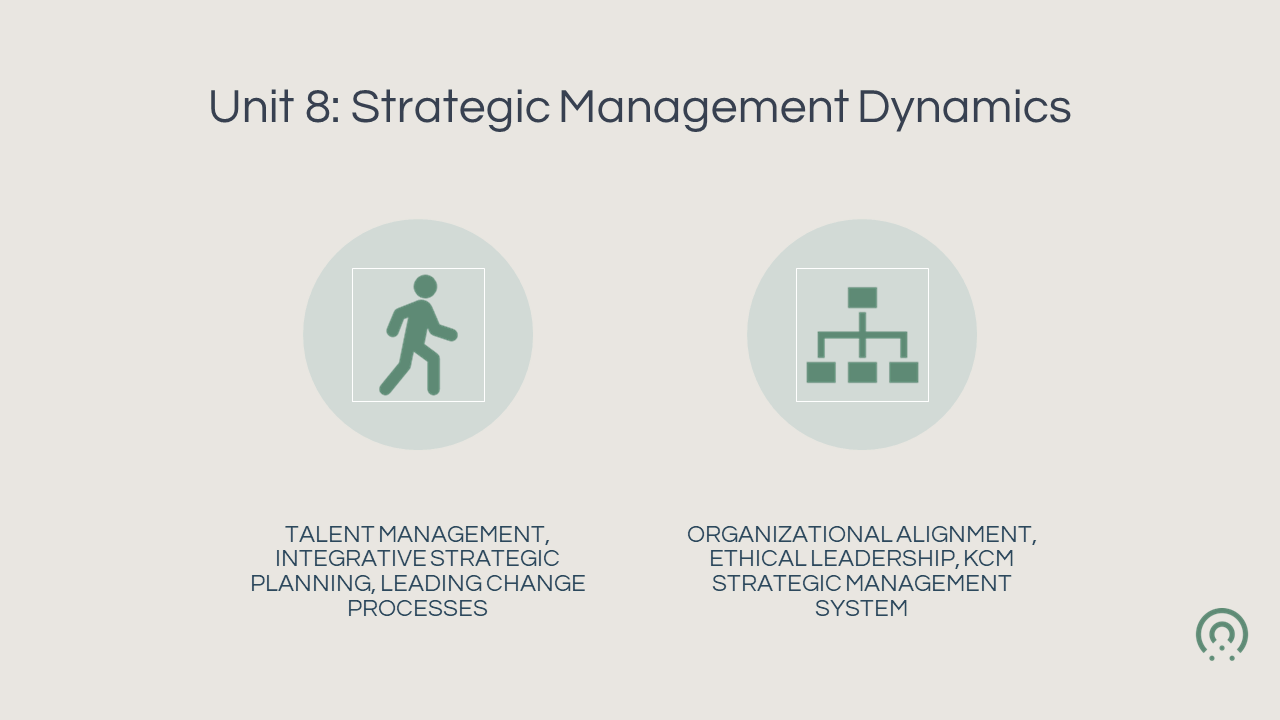
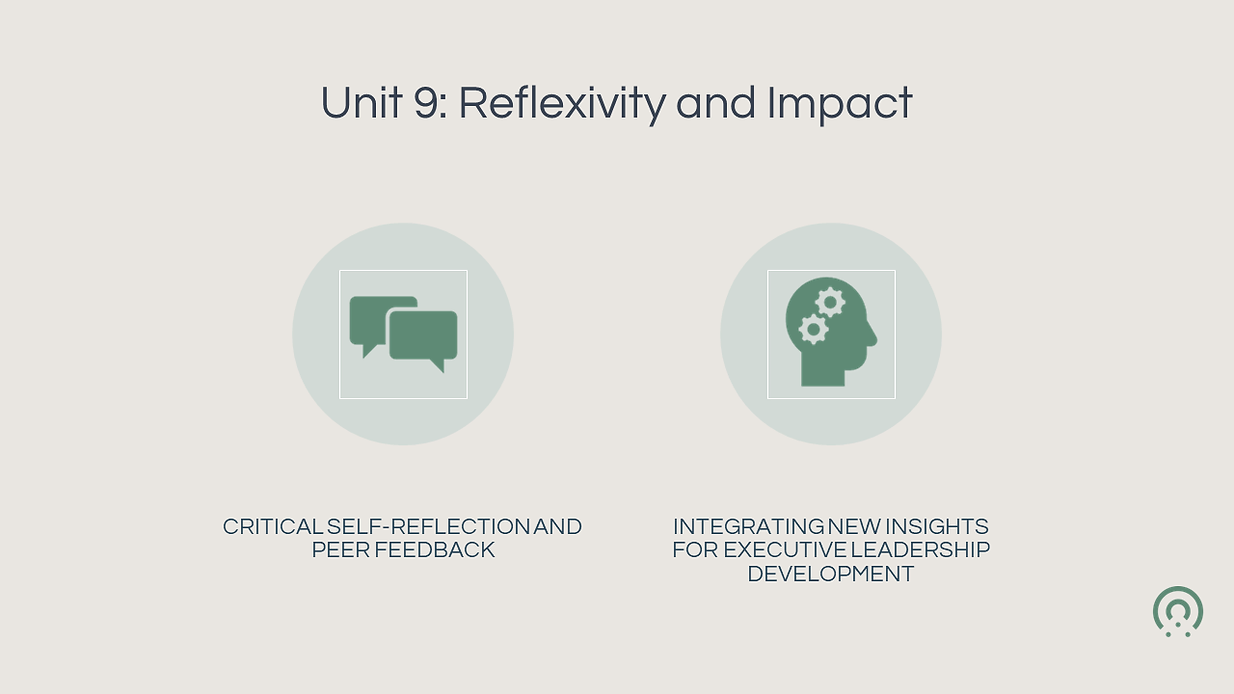
In the final unit, executives will present their leadership projects, engage in critical self-reflection about what they have learnt and especially on how they will unlock the value and impact of their new perspectives. Extensive peer and faculty feedback will be provided, and leaders will have to integrate new insights to further develop their executive leadership skills. The course will conclude with a focus on ongoing learning and development for continued success in the complex world of organizational dynamics.
